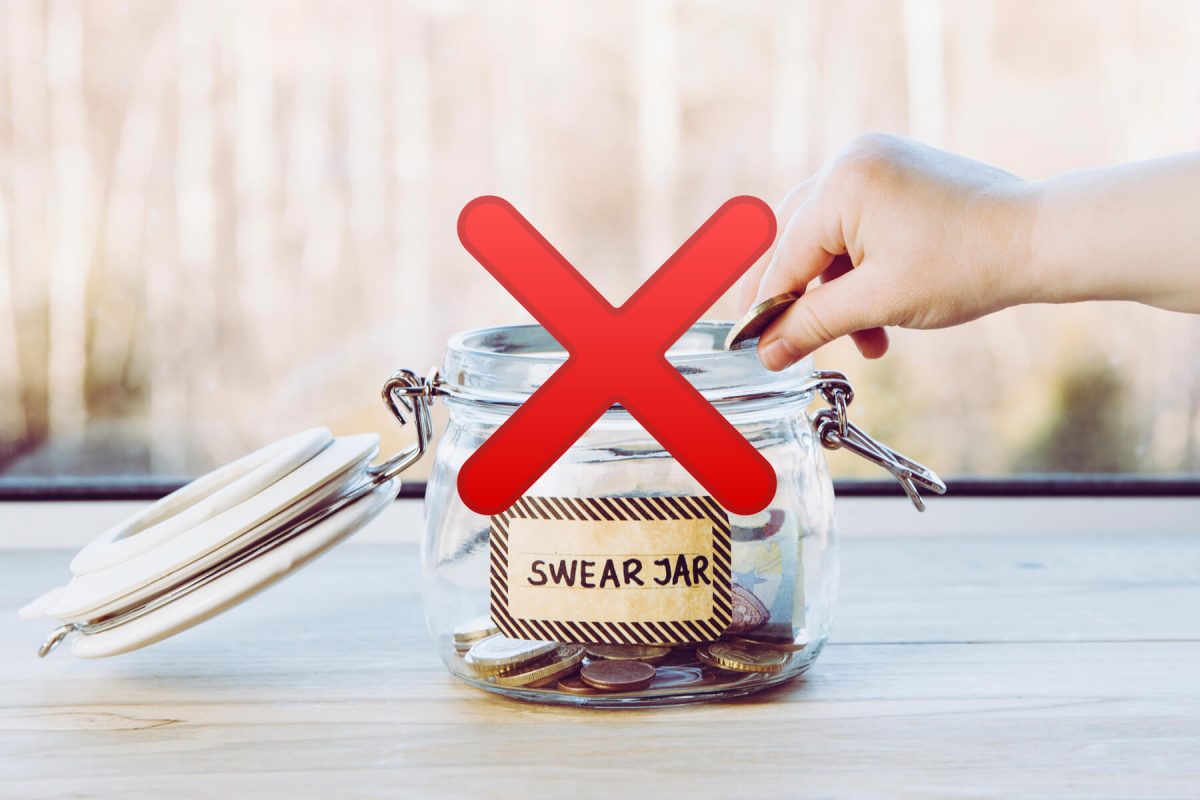
A parent tells how allowing kids to swear can improve relationships, what limits you should impose on screen time, and how letting kids roam free helps them become good adult navigators.
Our selection of thought-provoking and useful resources from around the web on educating and raising children, and supporting families.

How letting her daughter swear has changed Penny's relationship with her
(Carin Pickworth, ABC Everyday)
In an example of counterintuitive parenting, Penny Brand, a mother of two, decided to let her children swear. The result has been transformative, completely changing her relationship with her 10-year-old daughter.
‘I threw away any outdated parenting rules on swear words and we’ve made serious inroads in improving our relationship,’ says Penny.
‘She knows she can be authentic with me and it means she tells me more so that I can help her out.’
There are a few rules in place – never swear at someone, or at school.
The article also talks to experts about society’s view of swearing, including changes in attitudes, and the shift from no swearing to contextual appropriateness.
Read the full article
Study finds girls suffer mental health impacts after just two hours of screen time
(Emma Pollard, ABC News)
How much screen time for our children is too much? A new global study finds that mental health is affected after two hours for girls, and four hours for boys.
The study, published in The Lancet, surveyed more than 577,000 children, aged between 11 and 15, from 42 high-income countries.
Lead author on the study, Asad Khan from the University of Queensland, says the responses revealed that mental health was a big issue. He says excessive screen time is also being linked to issues around academic achievement, attention and other psychosocial problems such as attention deficiency disorder syndrome.
Tellingly, the research was done pre-COVID. As Asad Khan notes, the pandemic has forced dramatic reductions in physical activity and increases in screen time that have observed globally.
The optimal sweet spot is no more than two hours of screen time a day, with one hour of physical activity.
What’s behind the gender difference? Boys engage in more active screen time, such as games, while for girls, it’s passive, such as tv and social media.
You might also like Wean your teen off the screen: tips from Andrew Fuller
Read the full articleKids set free to roam on their own feel more confident navigating in adulthood
(Vanessa Vieites, The Conversation)
What sort of navigator are you? Can you easily find your way around unfamiliar places? Or do you become anxious?
The reason behind this behaviour has its origins in your childhood, a new study has found. The US researcher discovered that children allowed to roam by themselves farther away from home are likely to become better, more confident navigators, compared to kids who are more restricted.
The study also looked at gender differences, particularly research showing that women feel more anxious navigating unfamiliar territory. There’s a link with boys being allowed to roam farther from home than girls.
The author concludes that ‘giving kids the freedom to roam on their own – whenever sensible – may help them learn better strategies for navigating unfamiliar places and also build confidence when they travel alone.’
Read the full articleSubscribe to The Parents Website


